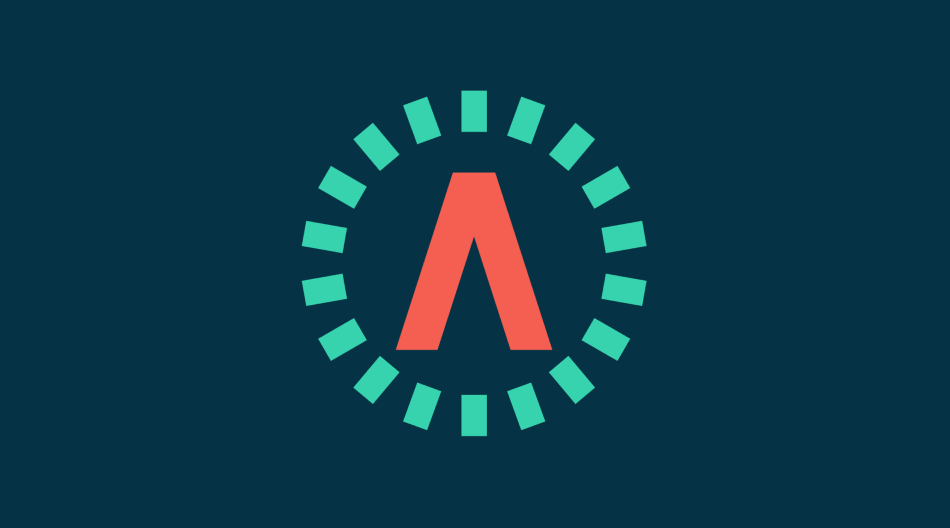
Building the Evidence Base for Early Action
The benefits of early action are mostly uncontested among humanitarian actors. Nevertheless, humanitarian actors still find it challenging to act early for a variety of reasons.

The benefits of early action are mostly uncontested among humanitarian actors. Nevertheless, humanitarian actors still find it challenging to act early for a variety of reasons.

This report, written for Donors, Members and stakeholders, provides evidence and analysis of the Start Fund performance over 2014.

Assessing the performance of Start funded projects and their influence on the evolution of crises.

The State of Surge Capacity in the Humanitarian Sector is the largest snapshot on surge for a number of years, and reveals how surge in the humanitarian sector has evolved in the past decade.

Starting in early 2015, Ethiopia began experiencing its worst drought in over 30 years, with Belg rains failing in Feb-April 2015, followed by a poor Kiremt rain season in July-Sept 2015 exacerbated by El Nino.

A case study about the first three years of the Start Network, formally the Consortium of British Humanitarian Agencies.

This is the second case study developed on behalf of the Start Network. The series is designed to capture the emerging story of the Consortium and draw out some useful lessons about collaboration.

Ros Tennyson outlines a new case study which puts the day-to-day reality of the operational side of Start Network under a microscope.

The Start Network has published its 2016 Business Plan which will enable the governance, membership and external stakeholders of the Start Network to understand, endorse, support and participate in the activities of the Network.

This report outlines the design of a new funding mechanism that will ensure more timely humanitarian response to emerging drought-induced food and livelihood crises. The design of this mechanism was carried out through joint partnership between the…